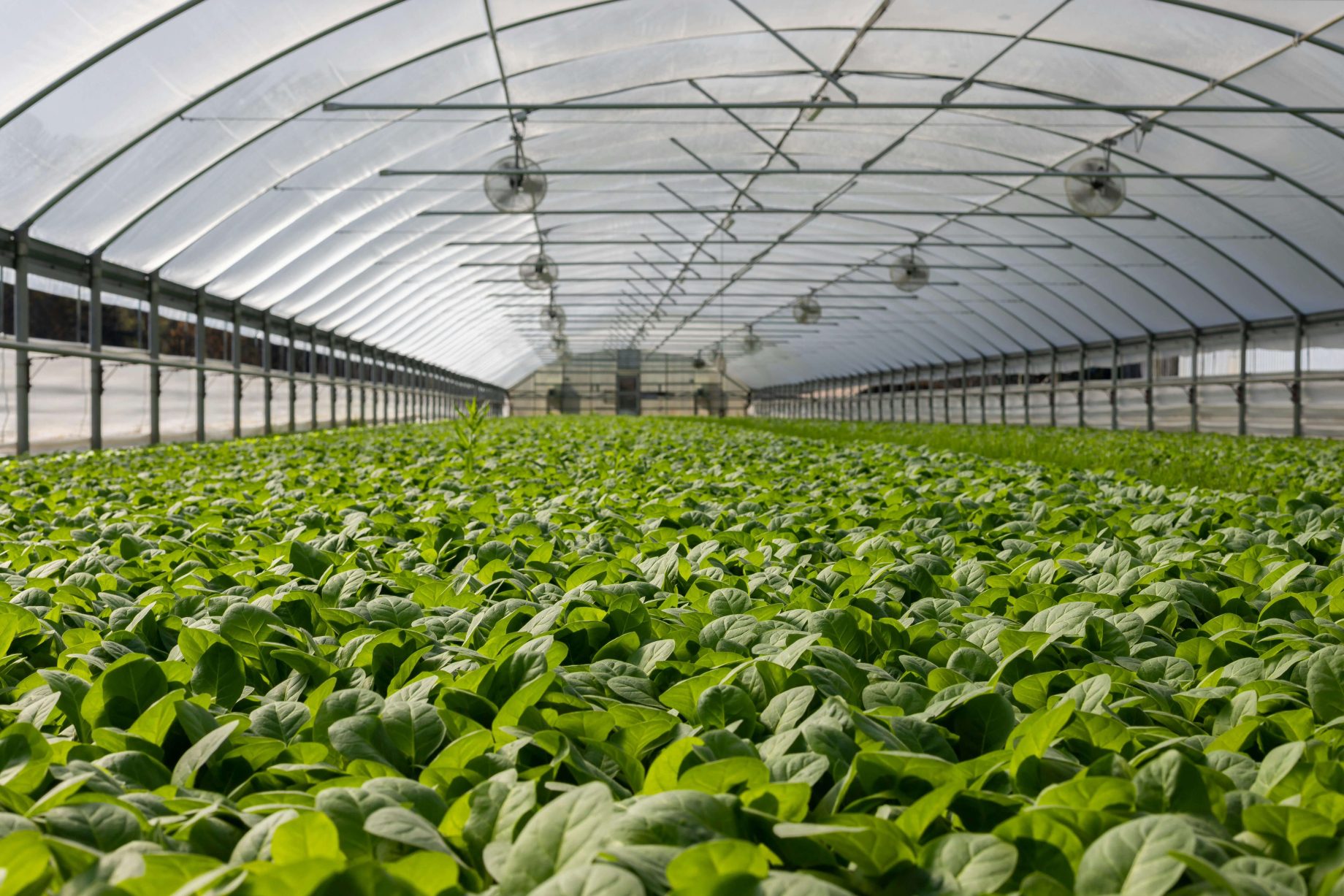New Zealand is among the world’s most self-sufficient nations in food production, according to a new global report in Nature Food. While the country performs well across several key food groups, growers are warning that expanding urban areas are encroaching on irreplaceable horticultural land.
New Zealand Reaches Self-Sufficiency in Key Food Groups
The Nature Food journal has released a global study evaluating the dietary self-sufficiency of 186 nations. New Zealand ranked strongly, achieving self-sufficiency in fruit and vegetables, meat, dairy, fish, and seafood. Gaps remain in the production of starchy staples, legumes, nuts, and seeds.
Urban Development Threatens New Zealand’s Horticultural Regions
Industry figures say New Zealand is losing essential growing land, even as it ranks high in food self-sufficiency. Pukekohe and Horowhenua, both known for ideal soil conditions, are being affected by residential development. “We have plenty of land in this country, but not land of the same quality of Pukekohe or Horowhenua, where the soils are just ideal,” said Dr Maurer.
Horticulture Industry Calls for Legal Safeguards to Protect Growing Land
The horticulture industry is collaborating with the Government to develop new legal protections for prime food-producing areas. “We need to create a legal framework that protects production,” said Dr Maurer.
The focus is particularly on vegetable production, which relies heavily on a small number of intensively farmable regions. The industry fears the country’s ability to grow its own food could be significantly undermined in future crises, without legislative backing.
Aotearoa Leads in Horticultural Innovation but Needs Continued Investment
Maurer acknowledged New Zealand’s global leadership in horticultural innovation, pointing to the success of the kiwifruit and apple sectors. “You only need to look at the kiwifruit industry or the way the apple industry has maintained its edge globally.”
However, he stressed the need for ongoing investment in emerging technologies, particularly artificial intelligence, to boost productivity and resilience.
Fresh fruit and vegetable exports reached $4.3 billion in 2024 — an 8% increase on the previous year — while domestic consumers spent $1.3 billion on locally grown produce.
Study Omits New Zealand on Map but Confirms Full Analysis
While New Zealand quietly stood out in the Nature Food report’s findings, its name didn’t make it to the global map. It wasn’t neglect, just human error. “That is not a reflection of the work that has been done; they certainly analysed NZ as well,” Dr Maurer reassured.

